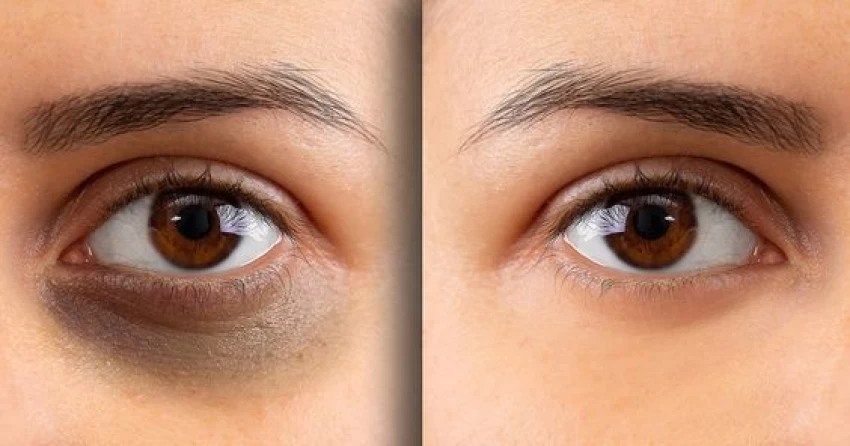
Under Eye Treatment
The delicate skin around the eyes is prone to issues like dark circles, puffiness, and fine lines. Here's a
breakdown of common concerns and treatment options
Common Under Eye Issues
• Dark circles: Often caused by genetics, fatigue, or allergies.
• Puffiness: Can be due to fluid retention, allergies, or lack of sleep.
• Fine lines and wrinkles: Natural aging and sun exposure contribute to their formation.
At-Home Care
• Hydration: Use a gentle, hydrating eye cream.
• Cold compresses: Reduce puffiness and dark circles.
• Adequate sleep: Prioritize restful sleep for overall skin health.
• Sun protection: Wear sunglasses and sunscreen to prevent premature aging.
Medical Treatments
• Fillers: Can be used to add volume and reduce under-eye hollows.
• Laser treatments: Improve skin texture and reduce pigmentation.
• Chemical peels: Exfoliate the skin and stimulate collagen production.
• Blepharoplasty: Surgical procedure to remove excess skin and fat.
Tips for Preventing Under Eye Issues
• Hydrate: Drink plenty of water to keep your skin hydrated.
• Limit salt: Reduce sodium intake to minimize puffiness.
• Manage allergies: Control allergies to reduce under-eye inflammation.
• Gentle skincare: Avoid harsh products that can irritate the delicate eye area.
Lip Whitening Procedure
Lip whitening, also known as lip lightening, aims to reduce the pigmentation on the lips, resulting in a
brighter and more even lip tone. Several methods are available to achieve this.
Common Lip Whitening Methods
• Chemical Peels: A chemical solution is applied to the lips to exfoliate the top layer of skin, revealing a fresher,
lighter lip tone.
• Laser Therapy: A targeted laser is used to break down the pigment responsible for dark lips, leading to a
more even lip color.
• Topical Creams: Prescription or over-the-counter creams containing ingredients like hydroquinone or kojic
acid can help lighten the lips over time.
• Microdermabrasion: A gentle exfoliation process that removes the outer layer of dead skin cells.
Important Considerations
• Sun Protection: Protect your lips from the sun with lip balm containing SPF to prevent further darkening.
• Hydration: Keep your lips moisturized to prevent dryness and chapping.
• Patch Test: If using topical creams, perform a patch test to check for allergies.
• Consult a Dermatologist: For persistent or severe lip pigmentation, consult a dermatologist for professional
advice.
It's essential to consult with a qualified hair restoration specialist to determine if a hair transplant is the right option for you.
Would you like to know more about specific techniques, recovery process, or finding a qualified surgeon?
